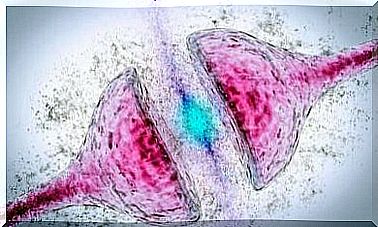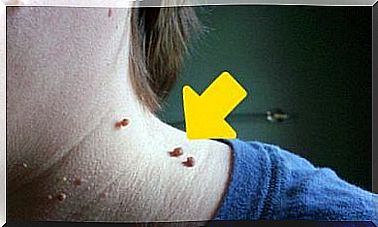How Does The Immune System Work Against Cancer?
The immune system is a sophisticated defense mechanism that is able to identify and fight cancer cells. Find out more about this interesting topic today.
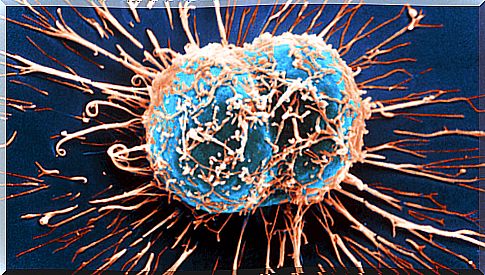
The immune system is a sophisticated and very complex defense mechanism that is responsible for protecting the body from external pathogens. Therefore it must be able to recognize its own and other substances. But can the immune system also work efficiently against cancer?
The body’s own defense system is not only able to recognize and fight foreign pathogens. It can also identify its own damaged or malignant cells, as is the case, for example, with cancer cells, which develop differently from healthy cells.
Cancer occurs when body cells multiply in an uncontrolled manner and attack surrounding body tissue. As is well known, it is a very serious disease that must be treated by a specialist as soon as possible.
The functions of the immune system
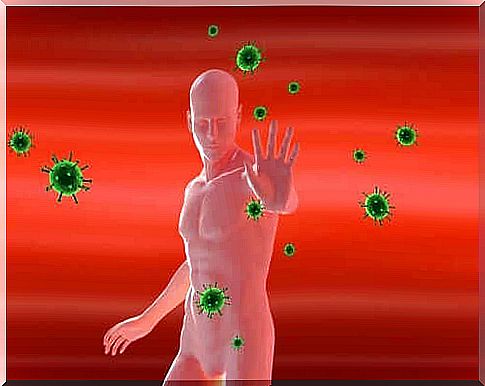
The immune system identifies and fights tumor cells, but it also has other mechanisms to prevent the formation of malignant cells.
- It protects against viral infections that could result in tumors. One example of this is the human papilloma virus, which has great mutagenic potential. Therefore, an infection with this virus can change the genetic material of the cell.
- The immune system also fights external pathogens. When infected, the body reacts with inflammatory processes that must be treated, as these could also lead to the formation of cancer cells.
- The immune system identifies and eliminates cancer cells. It uses specific markers for this.
How does the immune system work against cancer? Surface antigens
But how does the immune system recognize the malignant cancer cells? The answer to this can be found in a surface protein that is present in all cells and is known as a surface antigen.
The surface antigens of cancer cells are different from those of healthy cells. The cells of the immune system can recognize these antigens and determine that they belong to a mutated cell.
The immune cells that are able to carry out this identification are called T lymphocytes. These have certain receptors that recognize surface antigens.
Immune system against cancer
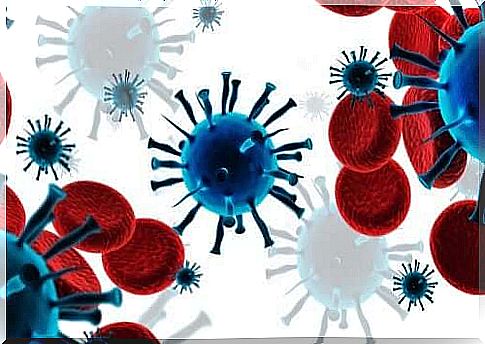
The immune system’s response to cancer cells begins with the identification of the mutated cells, which are recognized thanks to the aforementioned surface antigens. These are identified by the T lymphocytes that are present in the lymph glands.
The T lymphocytes then experience various changes and activate themselves. This gives them the ability to mobilize and move around the blood vessels. The T lymphocytes reach the tumor via the blood vessels by being guided by concentration gradients of certain signal molecules.
Once the T lymphocytes reach the malignant tumor cells, they infiltrate to attack them. They recognize the tumor cells by certain proteins on the surface and start destroying them.
This is possible thanks to the stimulation by other cells of the immune system, such as natural killer cells (NK) or macrophages.
Immune System Against Cancer: How Cancer Cells Escape!
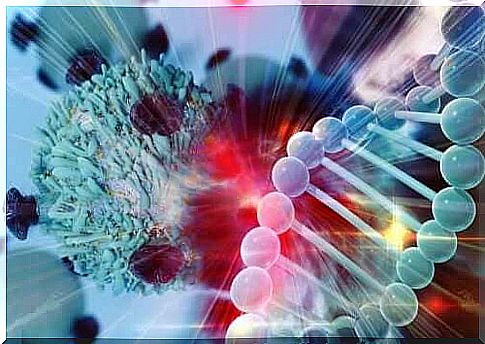
Although the immune system takes action against cancer, the mutated cancer cells have mechanisms to escape the immune system. These enable the malignant cells to hide from the immune system. For example, they can hide the surface genes in order not to be recognized.
In these cases , however, the immune system can attack with its natural killer cells. Because these are able to identify them as unusual when a cell loses its own surface genes and eliminate them.
Another mechanism that tumor cells can use to escape the immune system is the production of chemical messenger substances that have an inhibitory effect on the immune cells. With it you achieve the immunosuppression around the tumor. This enables the cancer cells to survive.
Therefore, the primary goal of immunotherapy is to help the immune system fight cancer cells. This can be achieved with adjuvant therapy that raises antibodies against cancer cells to eliminate them.

